By S. Rubatheesan
Rasaiyah Pathmanathan had many plans to do once he returned home after over three decades long stay in Puzal, Chennai. Then the pandemic happened and his scheduled journey got postponed indefinitely.
“We planned to return home before the pandemic hit in March 2019 but all of our plans had to be put on hold,” Pathmanathan, who is currently engaged in social work among the Sri Lankan origin refugees, told the Sunday Times.
He was fourteen when the whole family of five decided to leave the country in 1990 after multiple displacements across Northern province.
Over 100,000 Sri Lankan refugees are still sheltered in temporary camps, rented homes across Tamil Nadu state even after three decades passed since their native homeland in 1983, shortly after ethnic riots followed by a full-blown war between government security forces and separatist Liberation Tigers of Tamil Eelam (LTTE).
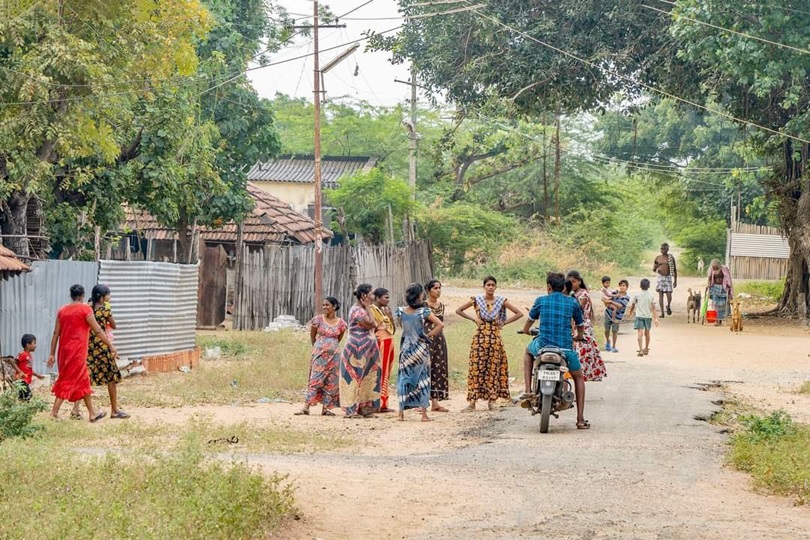 One of the temporary refugee camps in Mandapam, Rameswaram Tamil Nadu. Pix: N.Lohathayalan
One of the temporary refugee camps in Mandapam, Rameswaram Tamil Nadu. Pix: N.Lohathayalan
Since the end of the conflict in May 2009, the number of refugees returning home under UN refugee agency led facilitated repatriation was gradually increasing but the global pandemic disrupted the process briefly.
So far, 9, 542 persons from 3,761 families have returned home since 2011. This year alone till February, 117 persons from 59 families signed up for voluntary repatriation.
Both of his parents returned to their ancestral home in Visuwamadhu, Mullaithivu after the war came to an end in 2008 but he and his two brothers stayed back to complete their studies.
“After the pandemic, there have been a lot of changes back home. Cost of living is really high compared to here and fewer employment opportunities for graduates like myself and others” Pathmanathan, who graduated from a private college in Tamil Nadu said while expressing uncertainty and a bleak future that lies ahead back at home. “As of now, we are planning to schedule our trip by May- June considering all these things''
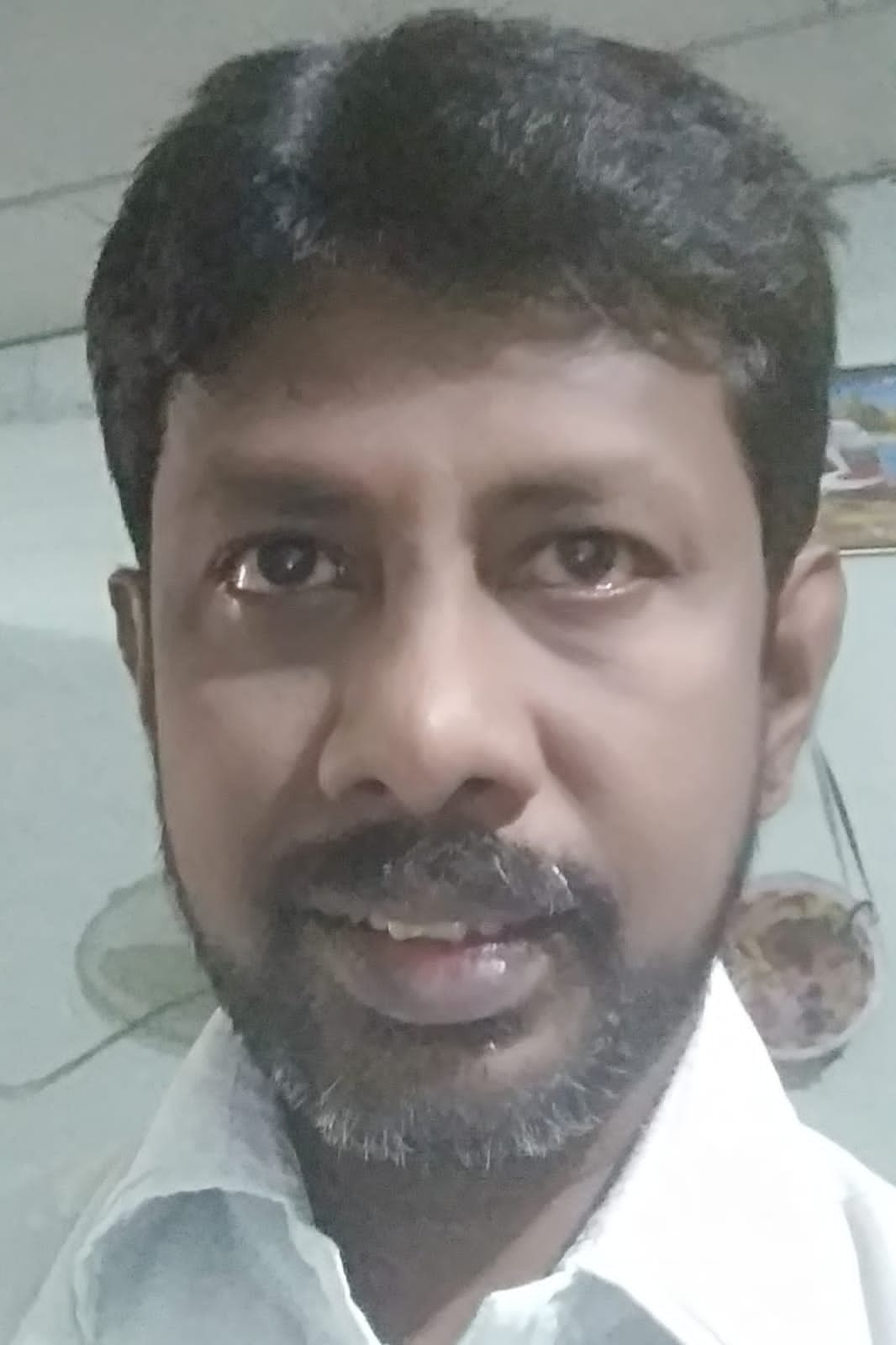
Another critical concern from the youngsters in the refugee families is the lack of recognition from the University Grants Commission (UGC) of Sri Lanka for the educational certificates and degrees they completed in private colleges in India. “ Many of them are not sure whether they would be able to get decent employment for their degrees or state jobs at all,”
“Since we have a piece of agricultural land, I can support my family through farming for some time. I would also like to do something for the community back home as well,” Pathmanathan said.
Every month, at least a dozen of Sri Lankan origin families residing in both Tamil Nadu State-sponsored sheltered camps and other areas such as Thiruchchi, Ramanathapuram, Erode where families were given special permission to reside signed up for voluntary repatriation back home with the page facilitated by United Nations High Commissioner for Refugees (UNHCR) and Foreign Ministry.
Even during the height of the pandemic, over a dozen refugee families took up return passage back home without going through the official documentation process. They were tracked by local police and subjected to legal action.
Considering the plight of Sri Lankan origin refugees in the state, Tamil Nadu Chief Minister M.K. Stalin announced a series of welfare measures for the benefit of refugees last August by allocating INR 317 crore.
One of the measures taken by the Chief Minister was appointing an Advisory Committee to look into the difficulties faced by the Sri Lankan refugees and recommend durable solutions. The Committee is led by the Minister of Minorities and welfare of non-resident Indians and met for the first time last December.
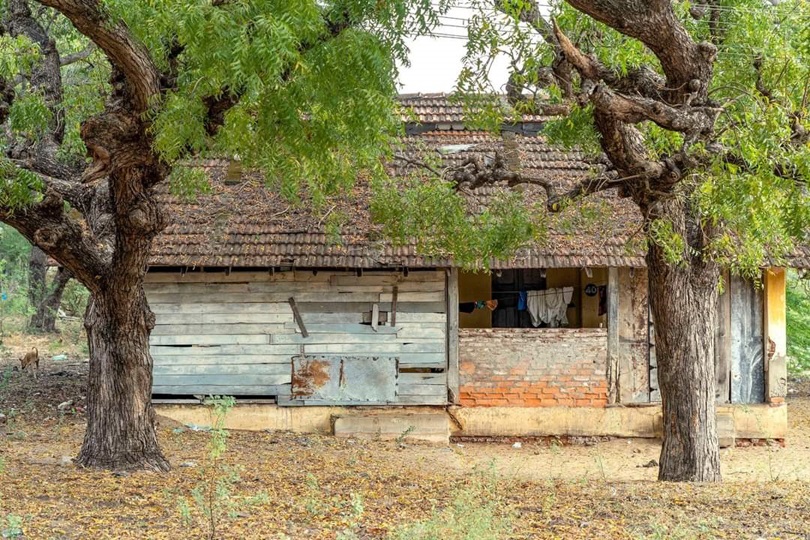 Most of the families reside in shared spaces or temporary huts. Pix: N.Lohathayalan
Most of the families reside in shared spaces or temporary huts. Pix: N.Lohathayalan
Treasurer of the organization Samuel Chelvanayakam Chandrahasan told the Sunday Times that one of the prime objectives of the organization is to ensure the next generation of refugees doesn’t end up as “stateless”.
Currently, Sri Lankan origin refugees are given temporary refugee status identification cards.
Many children born to refugee families were able to obtain Indian birth certificates for their children, but due to lack of awareness, the families didn’t obtain Consular birth certificates and Sri Lankan Citizenship from the Sri Lankan Deputy High Commission in Chennai.
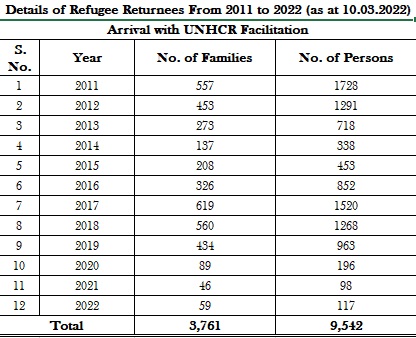
Source: State Ministry of Rural Housing and Construction & Building Materials Industries Promotion,
“That’s why we are working closely with refugees to register the births of their children by helping them with tracing necessary documents. This would enable them to be citizens of their parent's country of origin and consider returning home in future if they want to,” he said.
OfERR Ceylon carries out its activities through five regional offices located at Vavuniya, Mannar, Trincomalee, Kilinochchi and Jaffna in addition to its head office located in Dehiwala.
About 40 per cent of camp-based refugees wish to return, but they are apprehensive about their ability to survive in Sri Lanka, as great uncertainties remain over their land and property, their ability to find work and access livelihoods and basic services, the nature of support they would have during the return and reintegration process, and the general security situation, a 2016 annual report from OfERR noted.
Currently, the process for obtaining Sri Lankan citizenship takes anywhere from nine months to two years, which basically puts an applicant’s life on hold as they cannot get a National Identity Card before being granted citizenship. The graduates who need the equivalent Sri Lankan certificate for Polytechnic courses also have to wait for several months.
Sri Lanka Deputy High Commission in Chennai conducts special consular camps to issue birth and citizenship documents to the refugees in India.
Last month, 83 Birth Certificates and 208 Citizenship Certificates were issued at special consular camps for Sri Lankans living in Mandapam in Ramanathapuram and Puthupatty, Gopalpatty, Adiyanuthu in Dindigul, Gummidipoondi and Puzhal in Tamil Nadu.
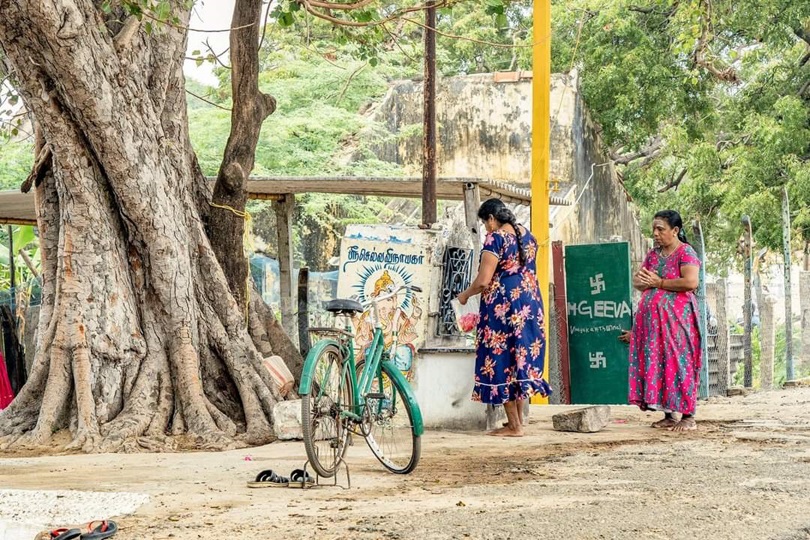 A mini Hindu shrine was constructed by the refugees soon after they relocated to the camp in Mandapam in 1994.
A mini Hindu shrine was constructed by the refugees soon after they relocated to the camp in Mandapam in 1994.
According to the Progress report of 2020 and Development Programmes for 2021 issued by the State Ministry of Rural Housing and Construction & Building Materials Industries Promotion, from 2011 up to 30 September 2020, 9.327 refugees of 3,656 families have returned to the island.
The Ministry also said that steps have been taken to resettle the returned families by providing lands for landless families to construct houses as well as clearing landmines in areas in which demining is yet to take place.
The Ministry stressed that on their return, refugees are provided with required facilities and offered necessary guidance at the Katunayake Bandaranaike International Airport by the officers of the Resettlement Division and the officers of the office of the United Nations High Commissioner for Refugees.
In a written response, Secretary to the State Ministry of Rural Housing and Construction & Building Materials Industries Promotion Keerthi Ranjith Abesiriwardana noted that the Ministry has been providing urgent resettlement activities for returnees and durable solutions.
As part of durable solutions, the Ministry provided 2,050 units of housing with sanitation, water, electricity facilities to the returnees from 2016- 2021, the Ministry said.
Once a returnee reaches the country, Rs 38,000 is given as a grant facility to cover immediate expenses, secure temporary shelter facilities in addition to preparing land for resettlement.
Meanwhile, UNHCR provisions consist of a free air ticket from India to Sri Lanka with 40 Kg baggage along with Rs 17,500 as an allowance. After arrival refugee returnees are informed to register in their respective Divisional Secretariat for monitoring and providing assistance services through the District Secretary.
A UNHCR study report compiled on 'Refugee Returnees' in 2016 indicated from 6.5 per cent of all returned individuals did not have a Sri Lankan birth certificate and 15 per cent of adult individuals did not have a NIC.
The report also found that unskilled casual labour was the main income-generating source for 33 per cent of families, while skilled labour (12), farming (9) and fishing (12) were the main income-generating sources for another 33 per cent of the families.
"Lack of tools (material and financial) was stated as the main impediment in restoring livelihood for 59 per cent of the respondents. Overall, 85 per cent of the respondents had not received any kind of livelihood assistance," the report added.
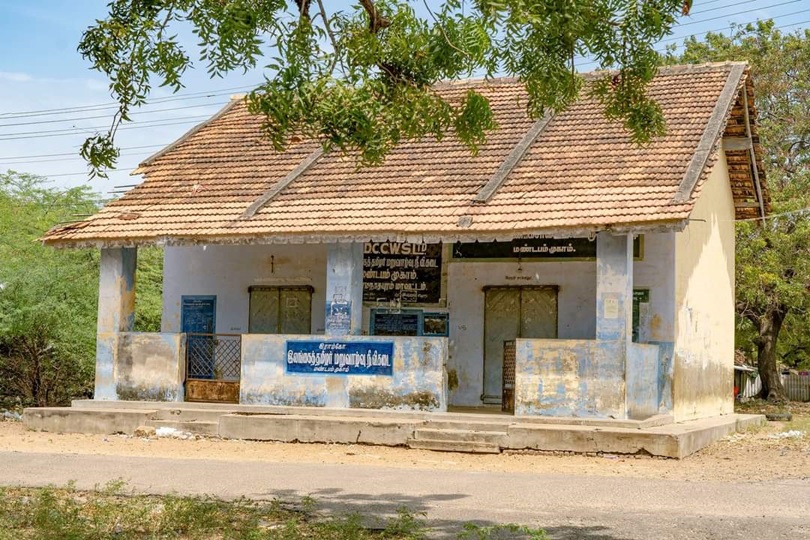 A welfare shop was constructed within the premises of the shelter camp to distribute monthly dry ration packages to the families.
A welfare shop was constructed within the premises of the shelter camp to distribute monthly dry ration packages to the families.
A senior official attached to the Resettlement Division of the Ministry said many returnees found it difficult to open a bank account or even cannot deposit a cheque drafted to them on their own accounts with civil documents. "That's why we always give priority to ensure they are provided with necessary civil documentation,"
Tamil National Alliance (TNA) Member of Parliament (MP) representing Jaffna district S. Sritharan repeatedly raised the issue of the wellbeing of returned refugees and the lack of livelihood facilities provided to them by authorities to recommence their lives back in the home after being repatriated.
Even those who returned home after decades are also facing tremendous difficulties to start from zero in their homeland.
Kathiresan Saarulathan, a father of two who returned to his native place in Kuchchaveli, Trincomalee last October said he has not received the governing housing assistance or any sort of livelihood support from the state agencies.
“I’m planning to engage in farming in the meantime to support my family with the tools given by a non-profit organization. That’s not enough but I have to do something,” he said.
Saarulathan’s wife is a graduate of a private college in Tamil Nadu and even secured additional educational qualifications but still looking for decent employment.
“Sometimes it’s really frustrating, the government authorities should assist us to ensure proper livelihood schemes to support our families. After all, this is home, where else we could go?” he asked.
Leave Comments